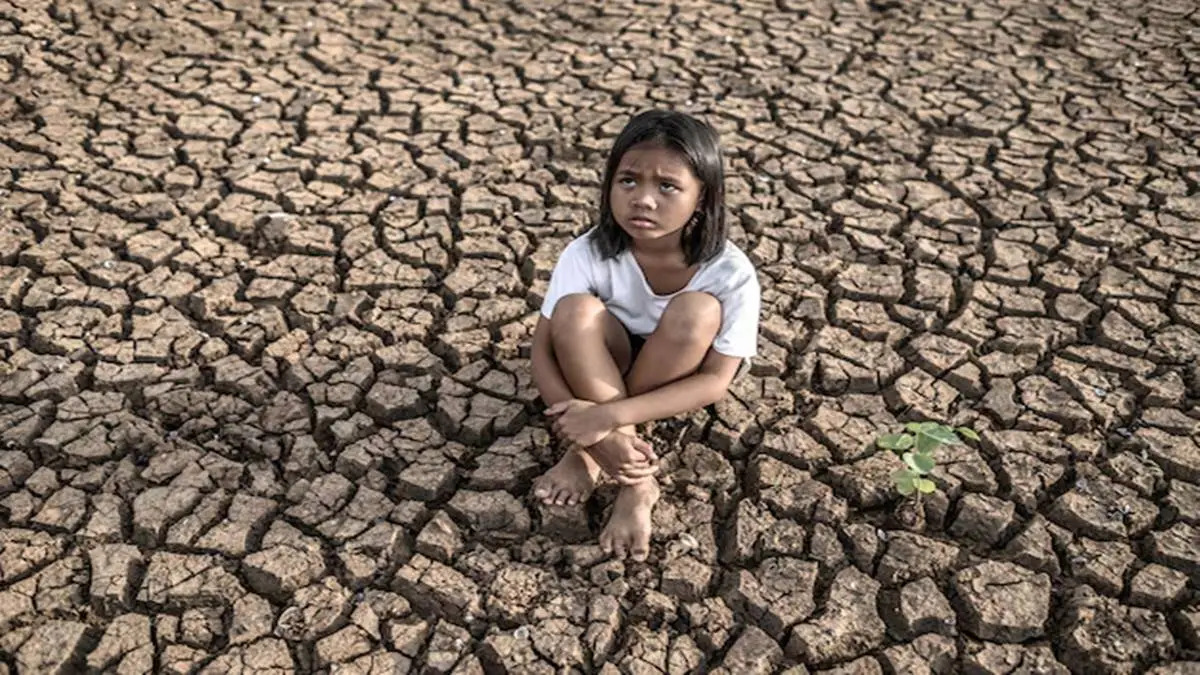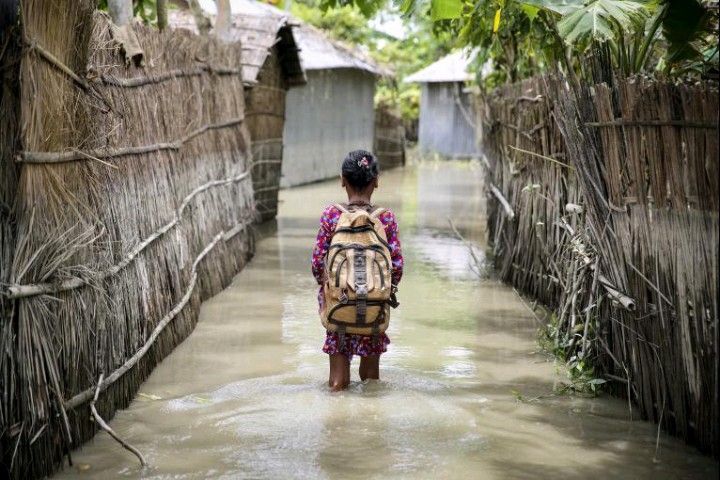There are complaints about falling standards every year, and reports state that students in higher levels lack the knowledge, reading, and numeracy expected of those in lower courses. This is attributed to a number of factors, including a lack of infrastructure and a teacher shortage. However, there are additional factors that, as of yet, have not gotten enough attention.
According to the Global Education Monitoring (GEM) report, which was put together by Unesco and the University of Saskatchewan in Canada, climate change and global warming pose a threat to all of the recent advancements in education achieved worldwide.
The paper claims that extreme weather phenomena linked to climate change, such as heat waves, wildfires, floods, droughts, cyclones, and rising sea levels, have gradually led to school closures, a rise in dropout rates, and learning losses. Extreme weather-related closures of schools have occurred in at least 75% of incidents during the past 20 years, resulting in casualties and damage to educational facilities.

Source: The Financial Express
According to the paper, there is a correlation between lower years of schooling and prenatal and early childhood exposure to temperatures above average, particularly in South-East Asia.It was discovered that students from marginalised groups were more susceptible to the effects of climate change. In China, high temperatures have an impact on exam scores, high school graduation rates, and college admission rates.
Since everyone is impacted by climate change, rich and poor countries alike are feeling the effects, though the poorer nations are more so. 29 of the 33 nations that have been shown to have exceptionally high risks related to climate change for children are regarded as fragile states.Climate change has also affected education in India.
Source: Wion
According to a research cited in the paper, children in India who experienced rainstorm shocks throughout their first 15 years of life had poorer language at age five, as well as worse non-cognitive skills and mathematics at age 15. Additionally, it was discovered that children of parents with less education had greater effects.
An examination of the early-life tragedies that over 1.4 lakh children in seven Asian countries encountered revealed a negative correlation with school enrollment by the time they were 13 or 14 years old, particularly for boys, and with mathematics performance by then, especially for girls.According to the paper, climate change has a greater impact than previously thought and should be taken into account when evaluating education, just like it does in other domains.
What do you think about this? Comment below.

